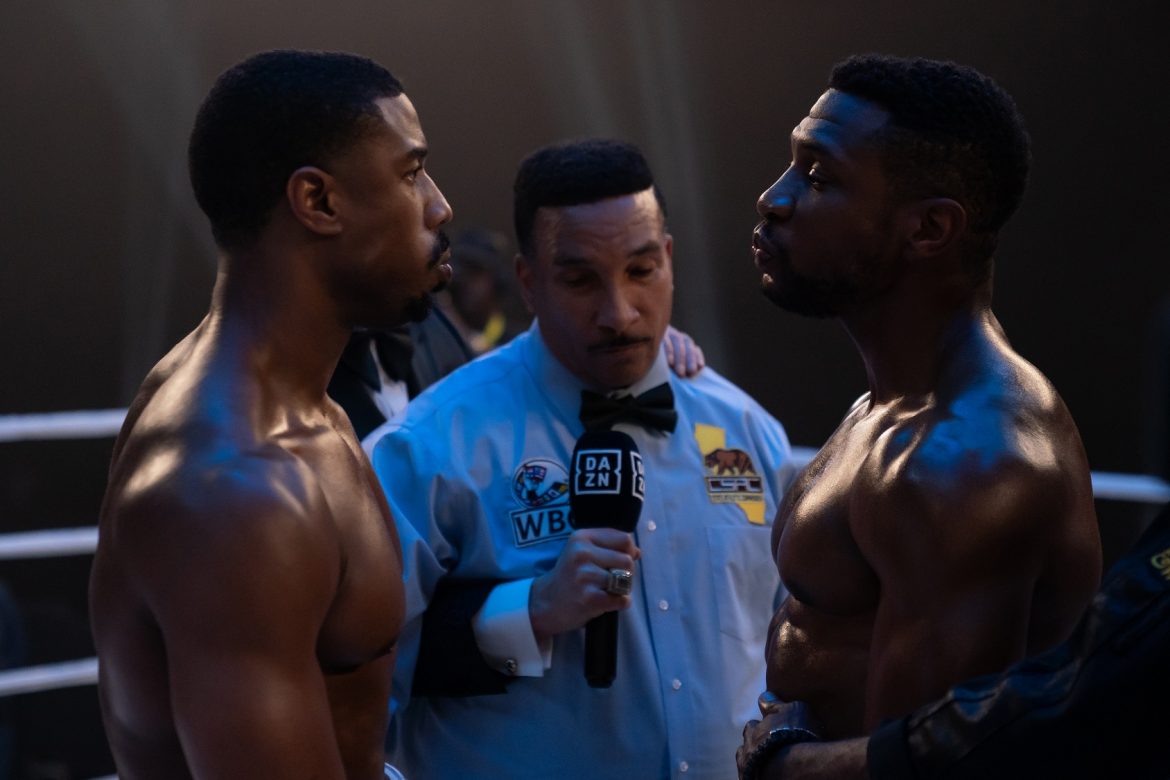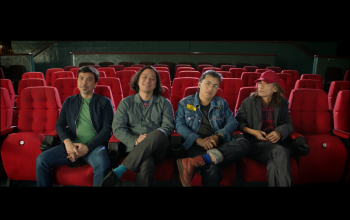Creed III is one helluva knockout debut. Says John Tawasil in this review.
The best sports movies aren’t actually about sports, but about how sports brings out the best and the worst in us, using it as a means to examine the human condition. 1976’s Rocky is one of the world’s most successful sports films, but it’s also about a down-on-his luck, working class Italian American man who’d previously never had a shot for the crown. Written by Sylvester Stallone himself, it’s a deeply personal and quintessentially American story. The franchise has had its silly, over the top turns before (Rocky IV comes to mind) but it has always found its strengths when it successfully blends character drama and sports action.
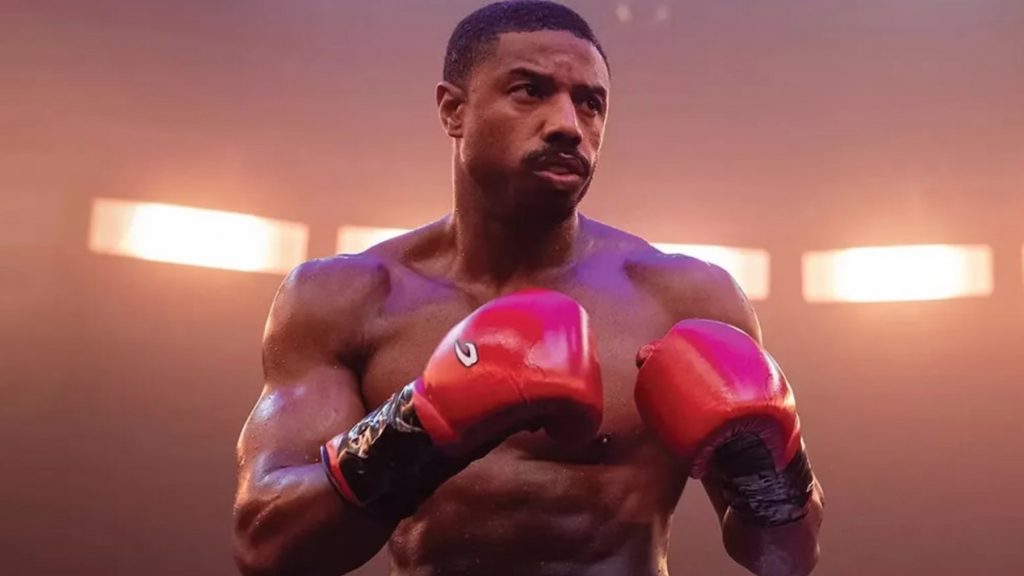
The Creed film series is a worthy successor to the Rocky franchise: starring the actor-director duo of Ryan Coogler and Michael B. Jordan (who both gained critical attention from Coogler’s 2013 debut Fruitvale Station), Creed (2015) and its sequel Creed II (2018) played on familiar tropes and sports genre formula to create a rejuvenation of the series. But in both films, the conflict has never been as personal as in Creed III, written by Coogler and directed by Jordan (in his feature film debut.)
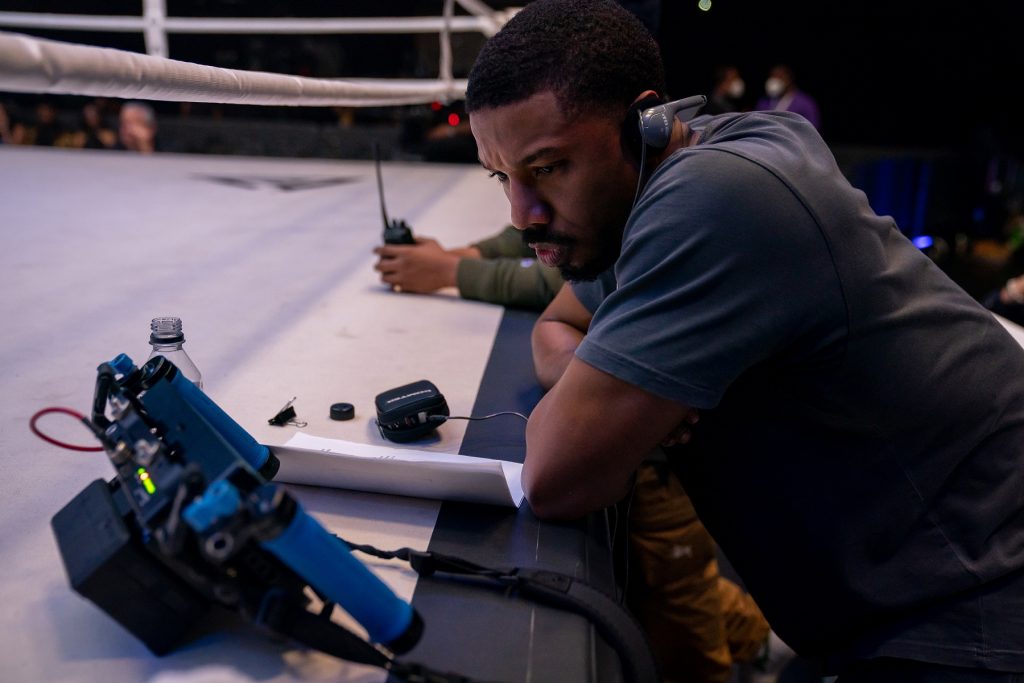
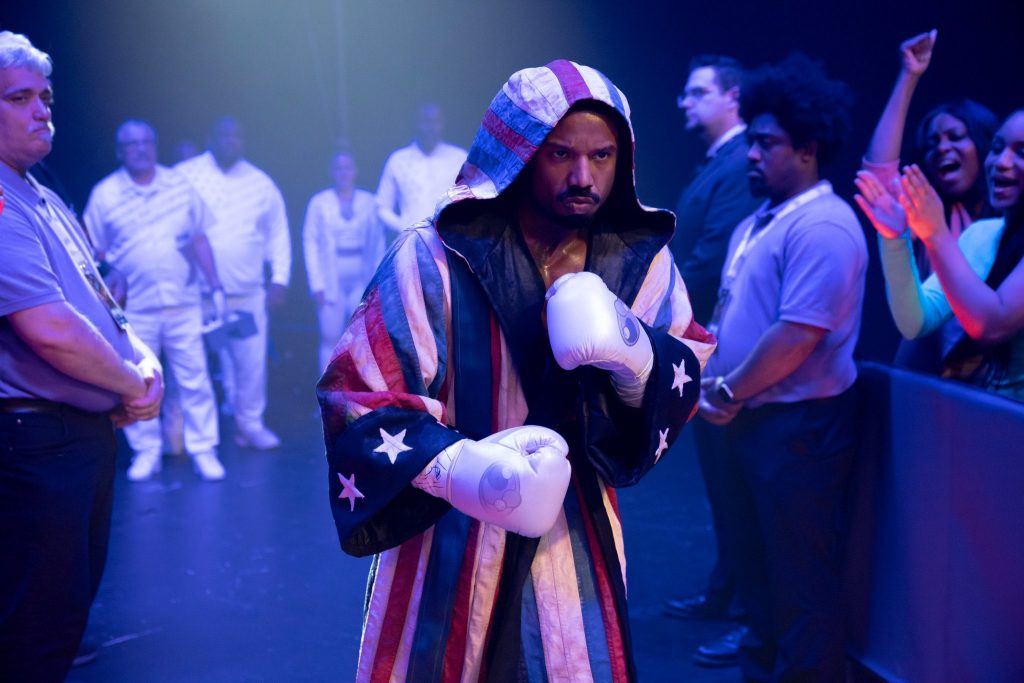
We begin Creed III with its titular character, Adonis Creed (Jordan) fighting his retirement bout. He’s made it, having had a successful career with analysts calling him one of the best pound for pound boxers alive. In his post boxing transition, he’s more preoccupied with managing his gym, training and promoting the next generation of boxers, as well as spending quality time with his family. He gets a visit from a old friend, Damian “Dame” Anderson (Jonathan Majors), who has spent the last 18 years in prison for something he did while he and Adonis were teens. Dame wants a shot at the heavyweight championship, an opportunity he feels he deserves, which eventually puts him at odds with Adonis and the gym.
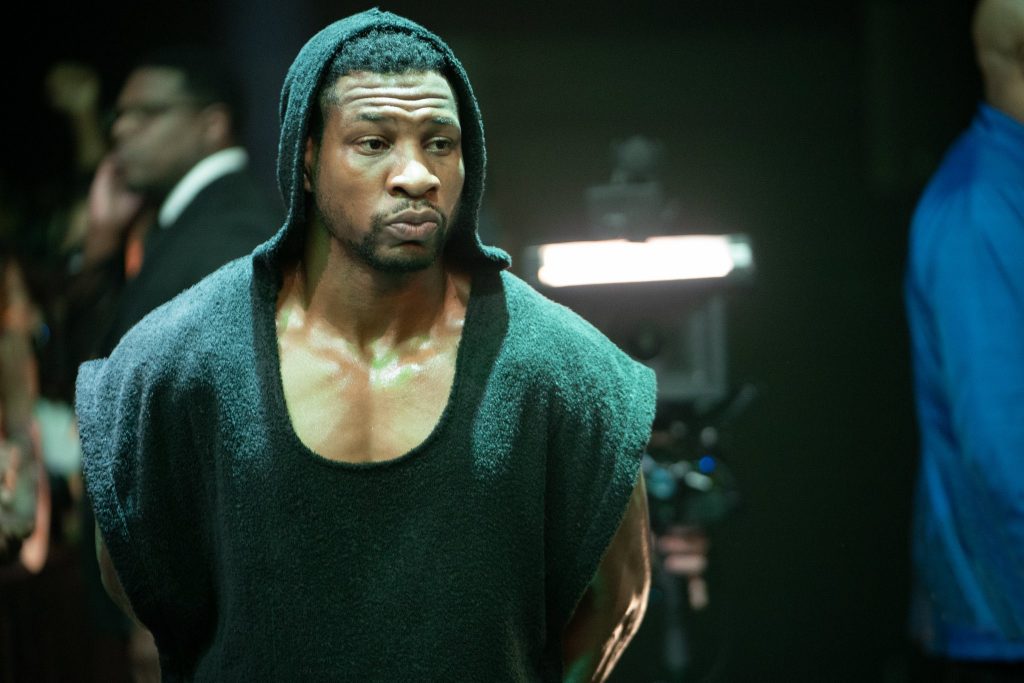
Jordan frames the climactic boxing match of Creed III in a very imaginative, almost abstract way. Inspired by numerous Anime, the matches of Creed III diverge from the realistic and grounded style of the earlier Creed films and in films like Rocky Balboa (2006), where it feels like you are watching an actual pay per view event. It almost reminds one of Donnie Yen and Jet Li’s fight scene in Zhang Yimou’s Hero (2002), where the battle takes place in the mental plane as much as it does in the real world, playing with space and temporality that hasn’t really been seen in live action boxing movies to date. Jordan, along with cinematographer Kramer Morgenthau and editors Jessica Baclesse and Tyler Nelson, frame body parts (in slow motion) as avenues of attack, as weaknesses to exploit, followed by explosive quick edits showing how fighters instinctively react to those opportunities.
In a way, Adonis and Dame are two sides of the same coin, two facets of a reality that we see all over America. They represent two different ways of seeing boxing, or rather, the refined, technical sport of boxing versus the directed, barely contained violence that it also represents. In a subplot, Adonis and Bianca argue about how to raise their daughter Amara (Mila Davis-Kent) and teach her not only how to fight, but also why they are fighting in the first place. For men like Adonis, raised in a society with absent fathers, where the idea of being emotionally open is regarded as weakness, there is no outlet for all these emotions. Fighting is the only way they know how to express these emotions, and thus each fight (especially the last one) is, in a way, a conversation – a means of therapy.
While the proceedings are supremely grandiose (and entertaining, ) the personal insinuates itself in Creed III in different ways: to Jordan, Adonis’ imposter syndrome and guilt stems from experience; in an interview with the ESPN Daily podcast, he tells the interviewer about his own guilt in having made it in Hollywood, while the people he left behind didn’t have the same opportunities as he did. The film subtly acts as commentary about the internalized guilt over black success: in a society where people like yourself are stereotyped negatively, it’s hard to unlearn the idea that you don’t deserve whatever success you have rightfully achieved in life.
On the other side of the fence, Dame isn’t a one dimensional mustache twirling bad guy. He is someone who has been chewed up by an unjust system and is fighting hard to correct that unfairness, seeking to gain what he thinks is rightfully his. He loses his entire young adult life in prison for a possession charge – in a society that still disproportionately imposes harsher sentences on black people. Majors himself is no stranger to this: raised by a stepfather who spent 15 years in prison, he directed a one man play called 50:13, where a man in his last few days in prison teaches his adolescent cellmate about black manhood. Majors brings a wonderful performance as Dame, his impressive physicality, his body chiseled by 18 years of rage and fear.
When the two come to a head, they both come to understand how they’re both unfortunate victims of a system that has caged them – not only physically, but also mentally and emotionally. That final part of the film, where both men come to terms with that, is one of my favorite moments of Creed III.
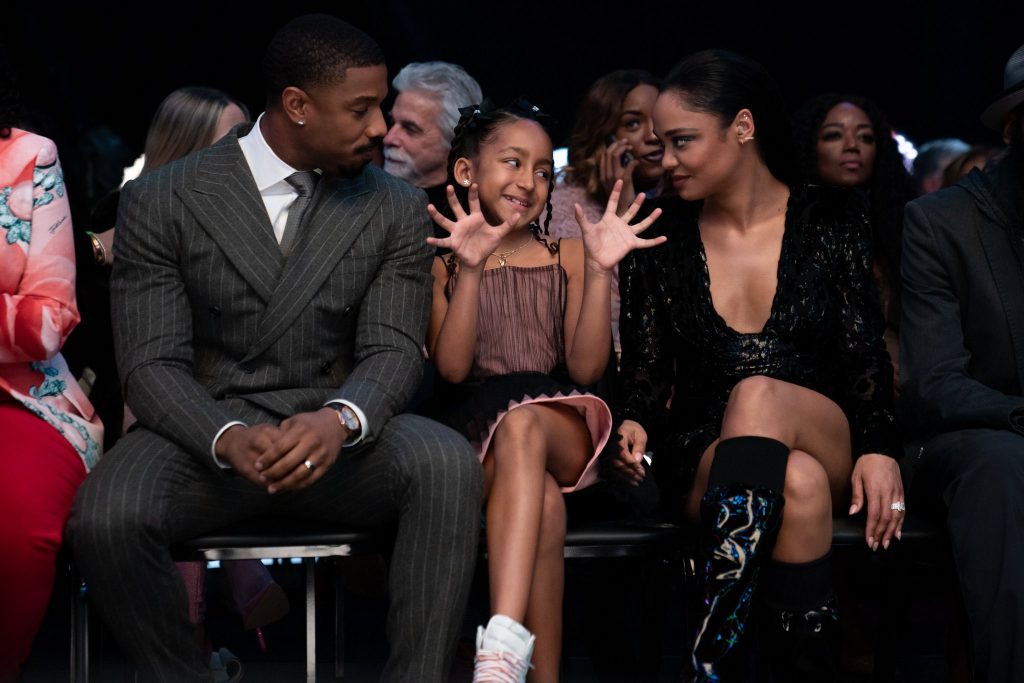
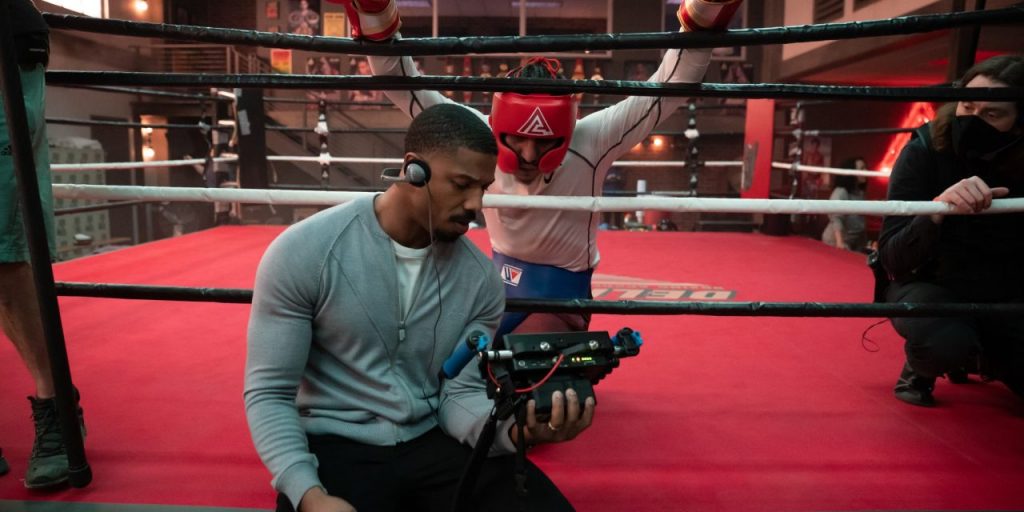
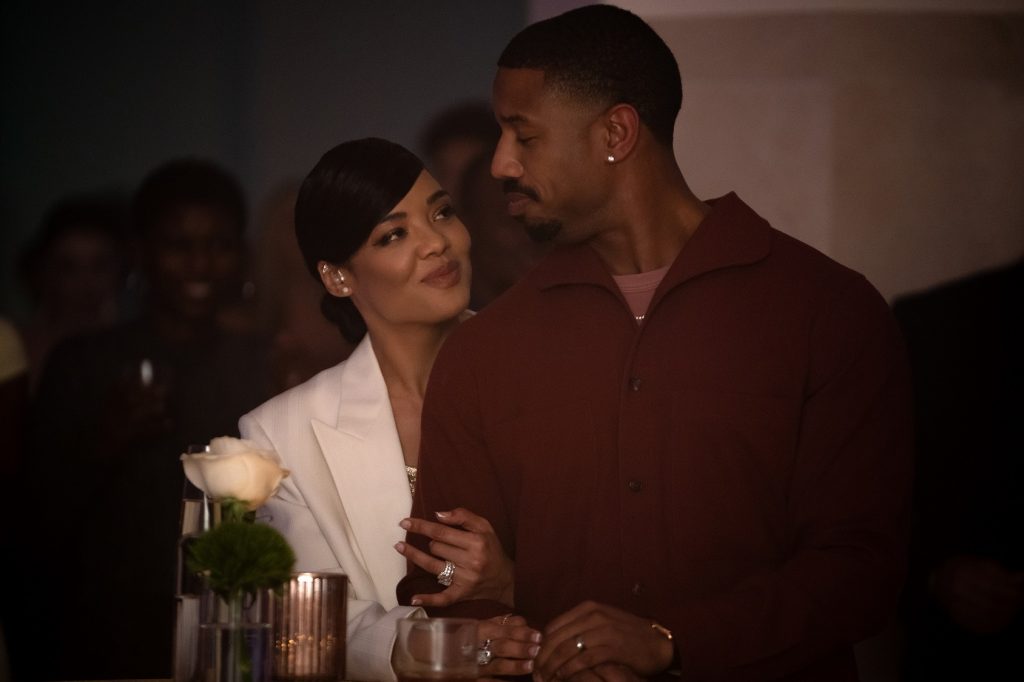
While Creed III’s plot is not overly complex, it’s wonderfully acted, and there’s a lot in here to appreciate. There’s a lot of hidden nuances and depths that elevate it from your usual sports movie. It’s also a remarkable turn for Jordan as a director, and it’s going to be exciting to see what he’s going to do next.
